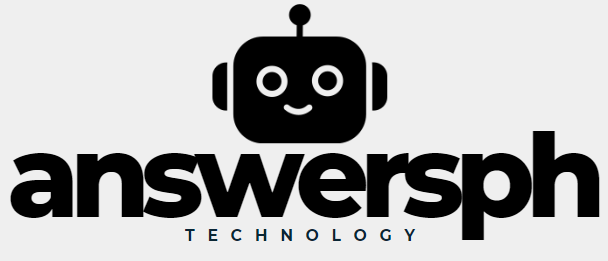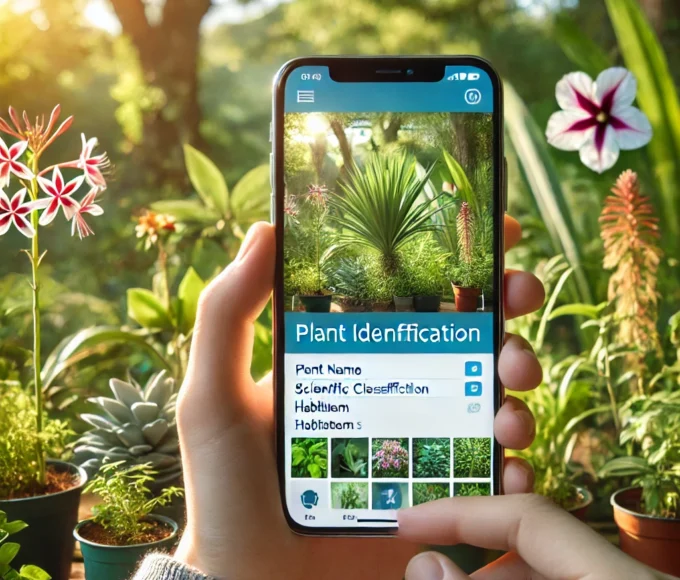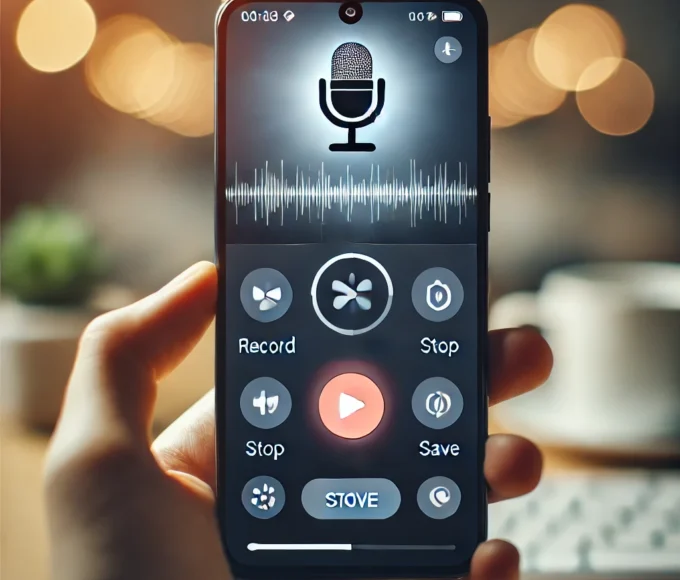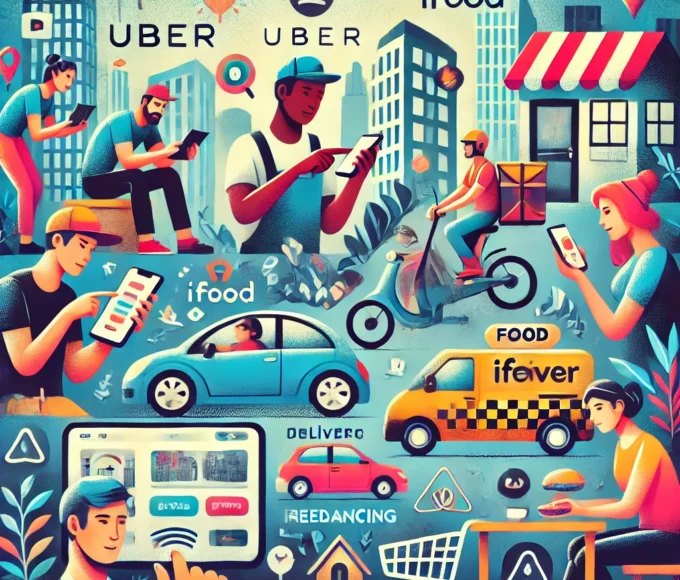Technological advances have transformed our mobile devices into increasingly powerful and multifunctional tools. What was once used exclusively for calls and messages has now become an extension of our lives, offering a multitude of applications, from GPS navigation to financial management. One of the most intriguing and least known innovations is the possibility of turning your cell phone into a lie detector. But to what extent is this possible? And what are the ethical and practical implications of this technology?
How a Lie Detector Works
Traditionally, lie detectors, or polygraphs, work by measuring physiological responses such as heart rate, blood pressure, respiration and skin conductivity. These responses are recorded while the individual is being questioned, under the premise that changes in these parameters may indicate stress or anxiety associated with lying.
However, the accuracy of polygraphs has been widely debated. They do not directly detect lying, but rather physiological stress, which can be caused by a variety of factors, not necessarily deceit. Despite their use in some legal and law enforcement contexts, their admissibility as evidence varies significantly from country to country and even between different jurisdictions.
Smartphone Technology
Turning a smartphone into a lie detector involves adapting the principles of traditional polygraphs to the digital environment. In recent years, several applications have been developed with the aim of detecting lies, using sensors built into smartphones, such as the microphone and camera, to capture signals that could indicate falsehood.
Apps That Promise to Detect Lies
- Voice Lie Detector
Voice Lie Detector is one of the most popular apps that uses voice analysis to try to detect lies. It records the person’s speech and then analyzes variations in the tone, frequency, and rhythm of the voice. The theory is that lying can cause stress, and that stress can manifest itself in changes in the voice. However, the accuracy of this app is questionable, as it relies on subtle changes that can be caused by a variety of factors other than lying. - Lie Detector Test Prank
This app is more for entertainment than serious analysis. It simulates the functionality of a lie detector, giving results that vary randomly. While it is fun to use in social situations, it should not be taken seriously as a lie detection tool. - Lie Detector – Test Real Shock Finger Scanner
Another app that claims to be a lie detector, but it works mainly as a joke. The user places their finger on the screen, and the app “analyzes” the result, offering an answer that is more of a trick than a real analysis. While it has some appeal for fun, it offers no scientific basis. - Truth and Lie Detector Scanner
This app also uses voice analysis, but with an interface design that simulates high-tech equipment. However, like the other apps mentioned, its accuracy and usefulness are highly questionable. The app can pick up on variations in voice, but claiming that these variations indicate lies is simplistic and can be misleading. - FaceReader
While not a traditional mobile app, FaceReader is a facial analysis software that can be used on mobile devices. It detects facial expressions and micro-expressions to determine a user’s emotional state. While more robust than voice analysis apps, it still faces challenges in terms of accuracy and correct interpretation of facial expressions, which can be influenced by many factors besides lying.
Ethical Implications and Privacy
The idea of turning a smartphone into a lie detector raises several ethical and privacy concerns. First, the accuracy of such tools is still questionable. Using an app to accuse someone of lying could have serious consequences, especially in sensitive professional or personal contexts.
Additionally, there are concerns about consent and privacy. Recording conversations or analyzing facial expressions without the explicit consent of the people involved is a significant invasion of privacy. In many places, recording someone without their knowledge is illegal. Therefore, using these apps can be not only ethically questionable, but also legally risky.
The Future of Digital Lie Detectors
Despite current limitations, research in artificial intelligence (AI) and data analytics continues to evolve. Over time, technologies are likely to become more accurate and reliable. More advanced sensors, more sophisticated AI algorithms, and integration with wearable devices could provide a more holistic and accurate analysis of human emotions.
For example, smart wristbands that monitor heart rate and galvanic skin response could be combined with voice and facial analysis to provide a more complete picture of a person’s emotional state. However, even with technological advances, the question of ethics and privacy will remain central.
Conclusion
The idea of turning your phone into a lie detector is fascinating and represents how far technology has come in terms of data analysis and artificial intelligence. However, the effectiveness of these tools is still limited, and the ethical issues involved cannot be ignored.
As technology continues to evolve, it is essential that considerations of privacy and consent are top of mind. After all, trust and honesty in human interactions are fundamental, and the use of technology to verify the veracity of someone’s words should be treated with the utmost care and responsibility.
So if you’re curious about these apps, try them with caution and awareness of their limitations. After all, the truth is more complex than any algorithm can decipher.







